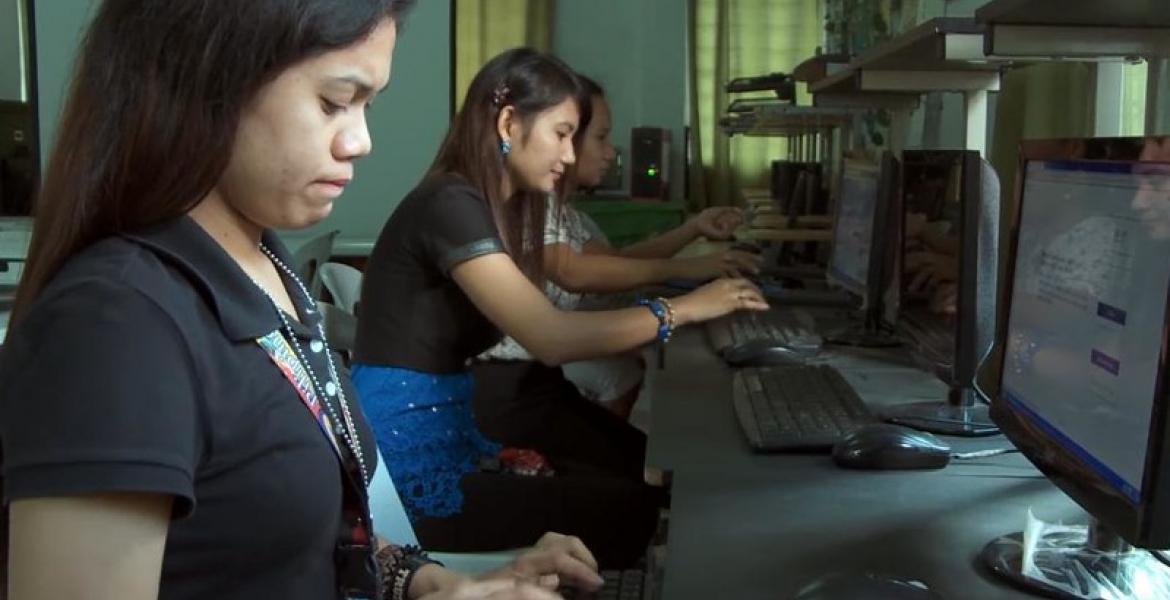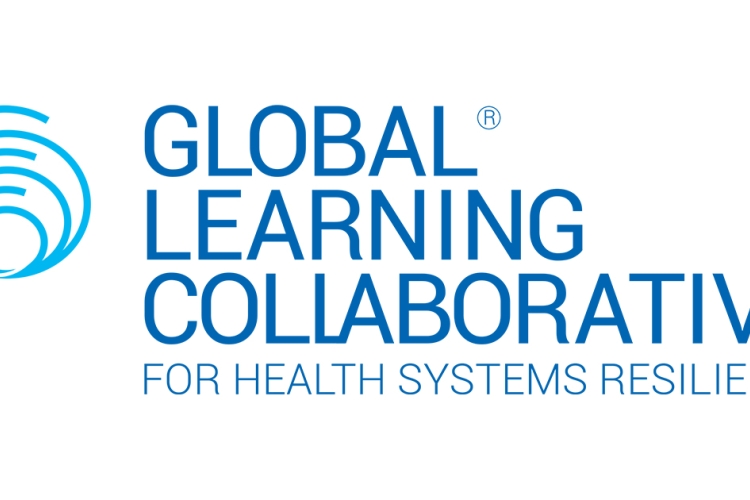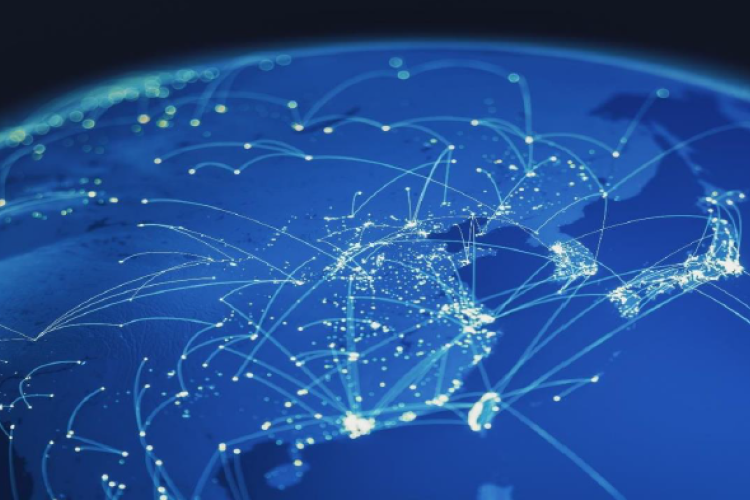New UN initiative on e-governance to help close online gender gap in Asia-Pacific
The United Nations Economic and Social Commission for Asia and the Pacific (ESCAP), in partnership with the UN Project Office on Governance (UNPOG) of the Division for Public Administration and Development Management, UN Department of Economic and Social Affairs (UNDESA), is implementing a new project to help close the online gender gap in the region.
The project entitled ‘E-Government for Women’s Empowerment’ is the first of its kind in Asia and the Pacific to address the gender dimension of e-government by providing new tools to assist governments to design, develop and implement e-services that can respond to the needs of women.
Women are at risk being left behind in the digital world. The online global gender gap grew from 11 per cent in 2013 to 12 per cent in 2016, with China, India, and Indonesia accounting for 45 per cent of the offline population, the majority of whom are poor, rural, older persons and women.
As outlined in the 2030 Agenda for Sustainable Development, the spread of information and communications technology (ICT) has great potential to accelerate human progress, to bridge the digital divide and to develop knowledge societies. Therefore, it is crucial that concerted efforts are made to ensure the gender dimension is integrated in ICT policy-making and that women reap these benefits.
“With the shift towards digital government in Asia and the Pacific, it is vital to understand how governments can enhance their online services and participation to advance the 2030 Agenda, in particular, to achieve gender equality,” said United Nations Under Secretary General and Executive Secretary of ESCAP Dr. Shamshad Akhtar. “To close gender gaps, ESCAP is developing tools to build the capacity of e-government to respond to the needs of women and promote gender equality for inclusive and sustainable development,” she added.
Mr. Jae-hong Lim, Head of UNPOG highlighted: “The role of e-government as a tool for sustainable development is gaining importance not only in directly empowering women but also in achieving inclusive growth that provides economic and other opportunities to women in the Asia-Pacific region."
The project aims to enhance awareness and develop capacity through two key approaches. First, through a set of training modules for government officials involved in ICT, e-government policy making and service delivery. Second, though comprehensive region-wide research on e-government for women’s empowerment drawing on case studies of good practices from the region. The study provides a gender analysis of the-government ecosystem and highlights examples of how e-government impacts on women and their pathways to empowerment, including those from Australia, Fiji, India, Philippines and the Republic of Korea.
ESCAP has organized an Expert Group Meeting from 4 to 5 October in Bangkok to engage experts in the review of a training module outline to ensure it addresses relevant issues and good practices. The meeting will feed into the preparation of training modules, which will be released online, along with the study in early 2017.






